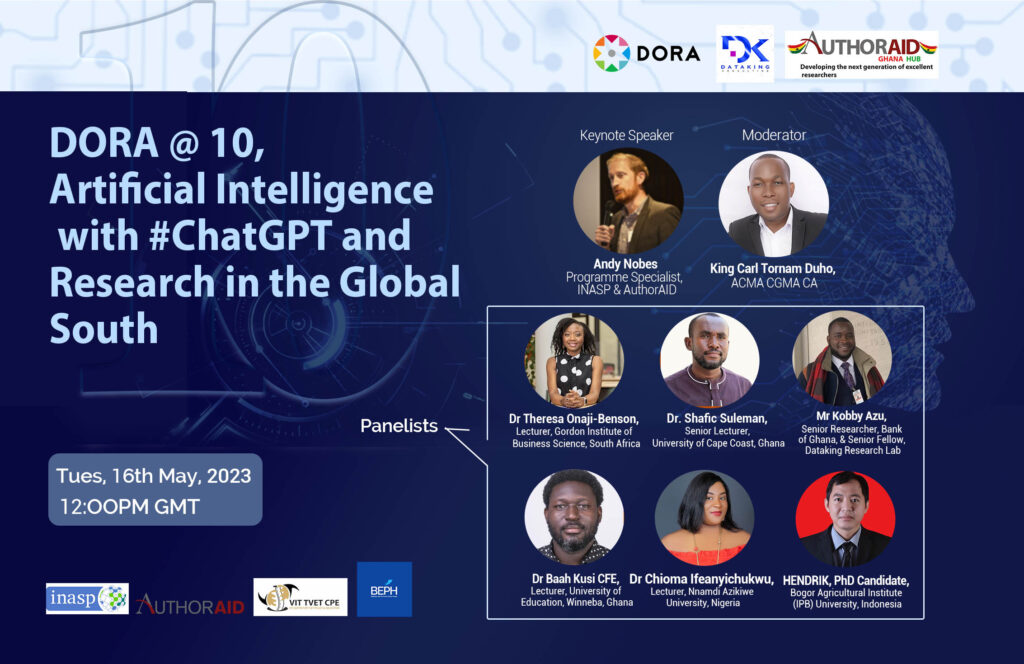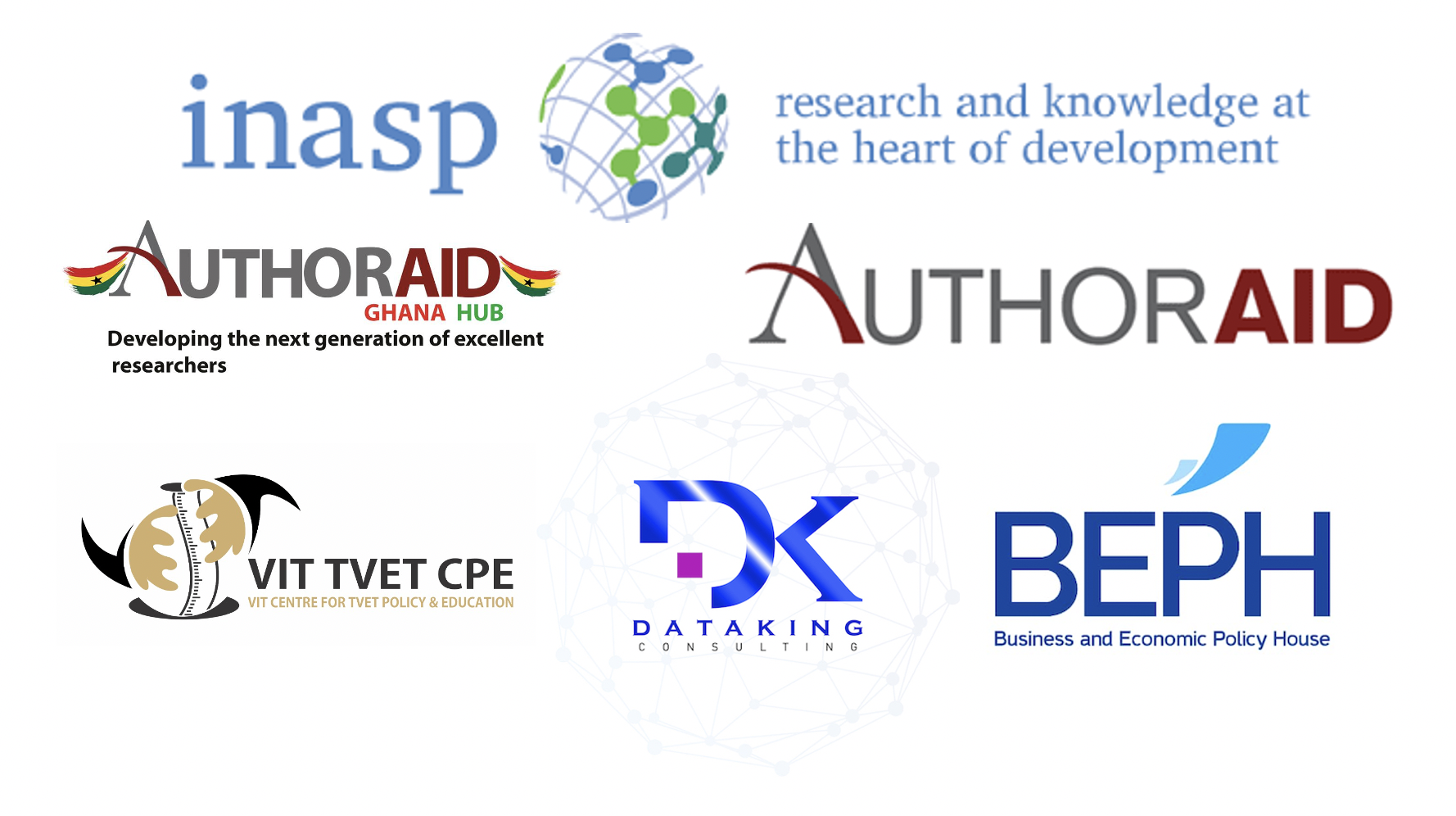
The Global South (GS) problems provide avenues for research that can provide new perspectives on the issues to inform policies in these countries, with some relevance to even the Global North (GN) countries (e.g. as learnt from the COVID-19 case).
The barriers to research in these countries could range from researcher-level barriers (i.e. insufficient mentorship, limited financial incentives and time constraints), institutional barriers (limited availability of resources, restrictive and poorly developed research infrastructures, weak collaboration and obstructive policies and procedures), structural barriers (political will, the politicization of research and political instability), external barriers (the nature and extent of GN activities and systems, allocation and distribution of funding and resources, characteristics and focus of GN-GS research collaborations, and publication and information dissemination challenges).
There have been concerns about whether with these barriers, researchers in these developing countries should be required to necessarily publish in elite journals to be recognized for promotion or to compete on the global stage. Debates have ensued about the fact that some research published in elite journals may not necessarily be impactful while there could be some articles from GS researchers in relatively lower-ranked journals which could on the individual paper base be more impactful than some individual articles in elite journals.
The emerging developments in technology and artificial intelligence specifically, provide some opportunities and threats to researchers with the need to focus on ethical considerations. Could AI help in the journal review processes, help in providing a publication impact assessment for research quality, or could the unregulated use of the new large language models (e.g. ChatGPT or Google BARD) create a threat to research quality?
As part of the 10th anniversary of the Declaration on Research Assessment (DORA) initiative which supports research quality on the basis of individual research and not just the quality of the journal that researchers published in, we wish to bring together academics, policy researchers, university administrators and the broader public to discuss:
- The state of research published in the Global South now; with a focus on issues of quality, open-access publication, the use of preprint outlets and patronage of predatory journals
- The role of the DORA initiative in research impact assessment and how the Global South researchers can benefit from it
- Concerns about the limitations of research readership by keeping articles behind paywalls and how research impact could go beyond academic citations to the usage of the findings by policymakers
- The risks and opportunities with the use of large language models (e.g. ChatGPT and Google BARD) in research generation and publication, touching on ethical and plagiarism issues which journal editorial teams need to consider
- How research in the Global South can be improved to compete at the global stage, by addressing the constraints, among other issues.
This session is sponsored by the AuthorAID Ghana Hub and the Dataking Research Lab of Dataking Consulting. This event will also benefit from the support of international organizations like the International Network for Advancing Science and Policy (INASP) and AuthorAID, UK, as well as GS-focused institutions like the VIT Centre for TVET Policy and Education, as well as, the Business and Economic Policy House.
Keynote Speaker
Andy Nobes, Programme Specialist, INASP & AuthorAID
Panellists
Dr Theresa Onaji-Benson, Lecturer, Gordon Institute of Business Science, South Africa
Dr. Shafic Suleman, Senior Lecturer, University of Cape Coast, Ghana
Mr Kobby Azu, Senior Researcher, Bank of Ghana, & Senior Fellow, Dataking Research Lab
Dr Baah Kusi, Lecturer, University of Education, Winneba, Ghana
Dr Chioma Ifeanyichukwu, Lecturer, Nnamdi Azikiwe University, Nigeria
HENDRIK, PhD Candidate, Bogor Agricultural Institute (IPB) University, Indonesia
Moderator
King Carl Tornam Duho, ACMA CGMA CA

